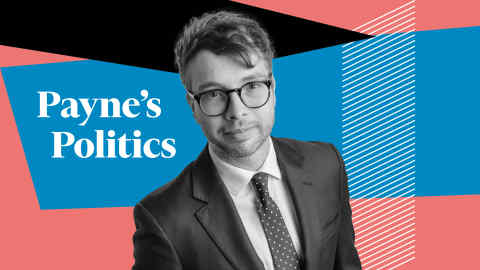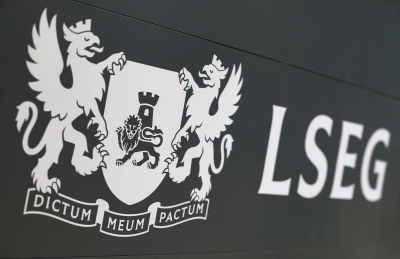Boris Johnson has told the City of London to prepare to implement a tough new wave of financial sanctions if Russia launches a full-scale invasion of Ukraine, as Labour urged the prime minister to “get on with it”.
Johnson has been stung by criticism that his first “barrage” of measures against Russia was too weak and left Britain trailing the US and EU in the scope and scale of its reprisals.
The prime minister on Wednesday convened leading City figures including senior executives from HSBC, Barclays, Goldman Sachs and Lloyd’s of London to tell them that he wanted the next “wave” of sanctions to “really bite”. Trading exchanges and regulators were also represented at the meeting in Number 10.
The City executives told Johnson they were already carrying out stress-testing on their business models to assess the impact of what Johnson claims will be robust sanctions.
“We want the toughest possible next tranche and I do think that will make a difference and change the outcome,” Johnson told the meeting. “Putin must fail.”
However, some of the bankers at the meeting bluntly told Johnson that they did not believe the UK sanctions had gone far enough, according to two people familiar with the discussion.
They praised the German decision to suspend the Nord Stream 2 gas pipeline project as an example of what needed to be done to have an impact.
Others stressed that the government should also consider widening the scope of sanctions to include real assets, such as property, owned by Russian citizens in the UK, not just financial instruments and bank accounts.
Executives also asked for more time to implement the sanctions — two to three months, in line with US requirements — to reflect the amount of time it can take to unwind an international contract or identify and freeze a client’s assets.
Johnson insisted that new sanctions should be co-ordinated with other western financial centres including New York and Paris, and said that they would go far beyond what had been announced so far.
“We will be stopping Russia from raising sovereign debt, stopping companies from raising money and stopping Russian companies even clearing in sterling and dollars on international markets,” he told MPs at prime minister’s questions in the House of Commons.
Labour leader Sir Keir Starmer increased the pressure on Johnson to move faster, saying Ukraine had already been invaded. “If not now, when?” he asked at prime minister’s questions © Jessica Taylor/UK Parliament
However, some City figures have privately approached ministers to point out that any international sanctions would have to include Switzerland. The country has yet to announce any sanctions on Russia and is a major conduit for oligarch money through its vast private banking system.
The Downing Street meeting was also briefed by David Quarrey, Johnson’s deputy national security adviser, on the latest situation on the ground in Ukraine.
Labour leader Sir Keir Starmer increased the pressure on Johnson to move faster, saying Ukraine had already been invaded. “If not now, when?” he asked at prime minister’s questions. Labour MPs pointed at their watches and shouted: “Get on with it.”
The US and EU have announced sanctions that go beyond Johnson’s opening effort, which targeted five banks and three oligarchs with links to the Kremlin. Tory MPs also said the measures were too modest.
Liz Truss, foreign secretary, has suggested that Russian companies including those in the defence, chemicals, tech and energy sectors will also be targeted in the event of a full invasion.
Recommended

After confusion about whether new UK sanctions were contingent on further Russian aggression, Downing Street confirmed that they were being held back in the event Putin orders a major attack.
Labour believes Johnson is moving too slowly against Russia on a number of fronts, including delaying until later this year an economic crime bill that would help root out illicit foreign investments.
David Lammy, shadow foreign secretary, claimed the slow pace was partly because the Conservatives have received an estimated £2mn from donors with links to Russia since Johnson became prime minister in 2019.
Tory officials said that all donations were properly declared and were received from British citizens, noting that foreign donations were illegal.
https://www.ft.com/content/267b7b4b-7992-4262-a0d7-d7894d8300ae




